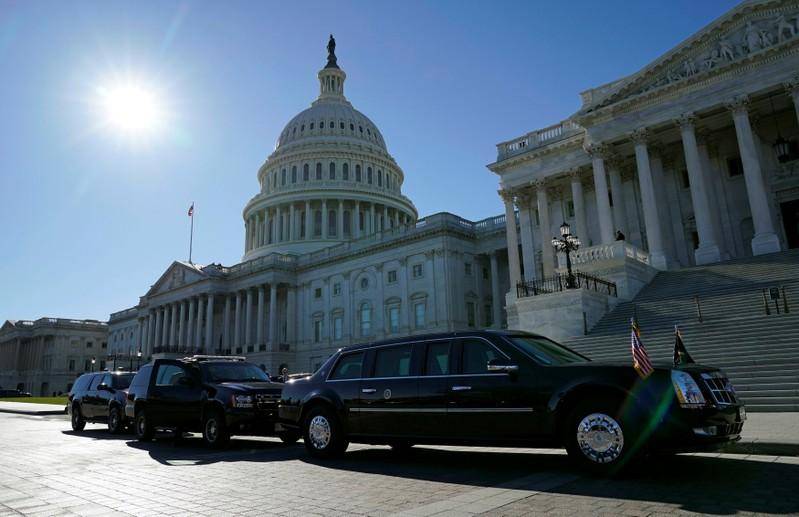Washington (Reuters): A spate of sexual misconduct accusations against US politicians and other powerful men will force candidates for the November 2018 congressional elections to weigh more carefully than ever whether their past behavior could doom their chances.
Following allegations against Republican US Senate candidate Roy Moore, Democratic US Representative John Conyers and Democratic US Senator Al Franken, campaign operatives from both parties warned that past behavior that might once have been excused may now be disqualifying.
“This is a game-changer,” said Democratic strategist Dane Strother. “Every man who wants to run for office needs to give some serious thought to his past.”
Politicians have been among a growing number of prominent men, including in the entertainment and media fields, accused of sexual harassment.
There will be increased pressure on candidates to undertake “self-vetting,” where, as one Republican strategist said, they are willing to subject themselves to a “trial on what the other side will put them through.”
But he cautioned: “A lot of this is still dependent on what the candidate is willing to talk about and how forthcoming they are.”
In next year’s elections, Democrats will seek to wrest one or both houses of Congress from Republican control. Thirty-three US Senate seats and all 435 seats in the US House of Representatives will be contested.
Sex scandals have long been a part of US politics, but in the current environment, operatives are encouraging candidates and office-holders alike to level with advisers about past conduct, even behavior that might in the past have fallen into a gray area.
“You may have to press the candidate particularly aggressively to be sure that he confronts what he may have passed off as a failed advance and not have imagined would come back to haunt him,” a veteran Democratic lawyer who advises campaigns told Reuters.
Sonia Van Meter, a Democratic opposition researcher, said candidates would have to think carefully about “their demeanor, their offhanded remarks, the way they carried themselves. Everything will be under more scrutiny.”
If candidates are not careful about self-vetting, operatives said, researchers working for opposing candidates would do it for them.
Verifiable facts - court documents, voting records, speeches and more - usually form the backbone of opposition research conducted by rival campaigns.
Such research may expand into behavior that has not been documented, Strother said, adding that might include conversations with former female staffers to find out if there are any issues.


